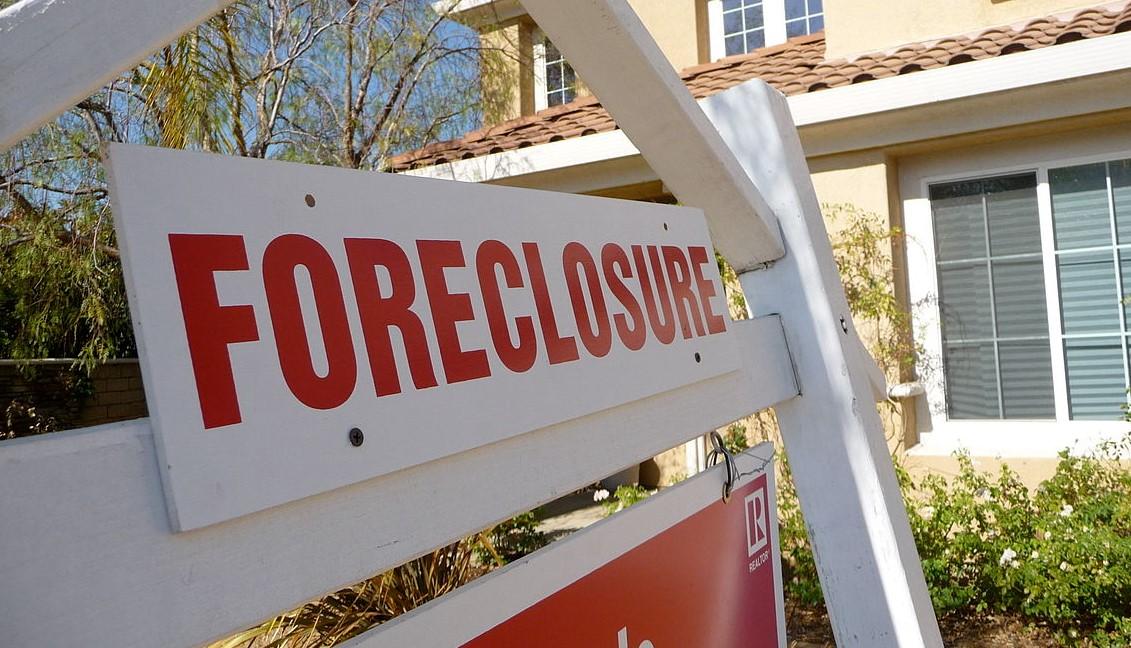The nation’s billionaires are catching plenty of grief for profiting from the pandemic. All they are guilty of is providing services people wish to pay for. Nothing wrong with that. Then there are the mortgage companies. It turns out they are turning a good profit off Uncle Sam’s forced forbearance plan.
Ben Eisen writes for the Wall Street Journal, “Mortgage companies have ramped up their purchases of government-backed mortgages in forbearance, and they are selling these loans back to investors at a profit.”
In a bit of pandemic crony capitalism, mortgages made through the FHA (Federal Housing Administration) or the VA (Department of Veterans Affairs) are pooled together into Ginnie Mae bonds. If a borrower stops making payments, Ginnie Mae allows the mortgage servicer to buy the mortgage out of the pool after ninety days at face value. So, even though the loan is in default, servicers buy the loan for the amount of the principal owing and any interest owed. In a free market, this paper would sell at a discount. But the government mortgage market is anything but laissez-faire.
The servicer then works with the borrower to bring the loan current, by the magic trick of “letting the homeowner make up the missed payments at the end of the loan.” Again this would not be considered a satisfactory loan in any normal marketplace.
Now, with the borrower able to start over with a clean slate and making payments, the mortgage company sells the loan into a new pool, “often for more than what the mortgage company paid.” In other words a premium. Voilà.
With 840,000 FHA and VA loans in forbearance, mortgage companies are licking their chops.
Just in the month of May, $7.8 billion worth of the now “performing” loans were repackaged into bonds, according to JPMorgan.
Eisen writes, “Michael Drayne, acting executive vice president at Ginnie Mae, said that a robust market for buying out delinquent loans enhances the overall attractiveness of the Ginnie Mae program.” Well, I guess so.
By the way, loans in forbearance “aren’t supposed to be reported as delinquent to credit-reporting firms.” Well, it’s a win, win, win situation all around.
The government’s covid mandate calling for lenders to cease and desist if borrowers didn’t pay expanded the market for this bit of accounting trickery. The market, forgetting that real estate sometimes falls in value, “viewed them as a relatively safe bet.”
PennyMac has made $284 million from this gambit and Rocket has doubled its exposure to $636 million from last year’s fourth quarter to this year’s first. And Wells Fargo bought $30 billion of punk mortgage paper last year, with a spokesman claiming, “[T]he buyouts have long been a normal practice, then [the bank] ‘increased substantially in the second half of 2020’ and returned to normal in 2021.”
If anyone out there believes the housing market will be allowed to collapse, think again.

